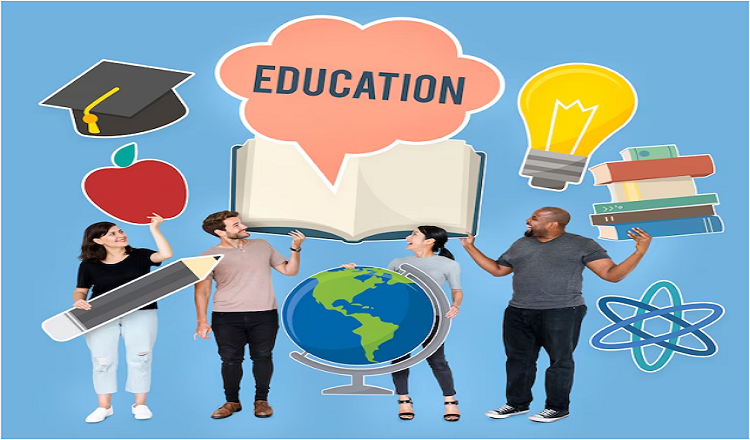In emerging countries, education is one of the most important tools for growth. It is one of the most important ways to break the circle of poverty, improve health and well-being, boost the economy, and reduce inequality. In this piece, we’ll talk about how important education is in developing countries and how it affects people and groups.
Getting a good education
Access to schooling is one of the hardest things for people in developing countries to deal with. Children, especially girls, often don’t get to go to school because of poverty, culture differences, and war. UNESCO says that 258 million kids and teens between the ages of 6 and 17 are still not in school.
How it affects girls
Girls are more likely than boys to not be able to go to school. Culture and society often value boys’ schooling more than girls’, leaving girls to take care of the house or work in the fields. This reduces their chances to grow and get better as people.
Trouble spots
In countries where there is war, children often can’t go to school because they are afraid for their safety and the education system is in disarray. Lack of schooling makes poverty worse and gives rise to a generation of children who are not ready for the future.
The economy grew.
Education is a key way for emerging countries to grow their economies. It gives people the skills they need to work, which is important for industrialization, scientific progress, and new ideas. People with more education are more likely to get jobs that pay well and start their own businesses. This helps the economy grow and brings more people out of poverty.
Business ownership
Access to schooling makes it easier for people to start their own businesses. It gives people the skills and information they need to start businesses and run them well. This, in turn, leads to more jobs and a stronger economy.
Health and Happiness
Education has a lot to do with health and happiness. People with more education are more likely to be healthier and have better access to health care. They know enough about their health and have the skills to make good decisions about it. This lowers the risk of diseases that can be prevented.
Equal rights
Education encourages equality between men and women and social participation. It gives marginalised groups chances and helps them get out of poverty. Education gives women and girls more power by making it easier for them to get health care, cutting down on child marriage, and supporting their right to have children.
Conflict and Education
Education is also a very important part of avoiding wars and building peace. It gives people a place to talk and learn from each other. People with more education are more likely to support peaceful solutions to conflicts. This makes violence less possible.
In the end,
Education is a basic human right and one of the most important things that helps growing countries grow and improve. It stops the cycle of poverty, helps the economy grow, reduces inequality, and helps people get along with each other. When you invest in education, you’re investing in the future of both people and groups. This makes the world more prosperous, peaceful, and fair.
Read Kore You May Like:
- Educational Equality Differences Between Developed and Underdeveloped Countries
- Bridging the Gap Education in Developing Countries
- From Illiteracy to Empowerment Education in Underdeveloped Countries
- Building a Better Future: Education in Developed and Developing Countries
- Access to Education Challenges and Opportunities in Developing Nations

